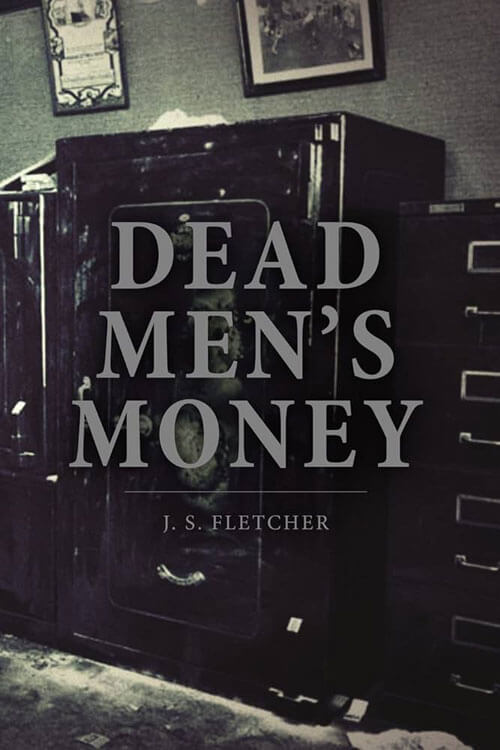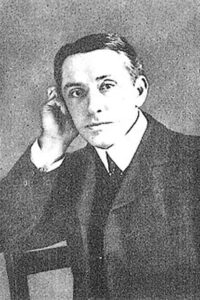
Dead Men’s Money
I was so knocked out of the usual routine by this conversation with Crone that I went away forgetting the bits of stuff I had bought for Tom Dunlop’s rabbit hutches, Tom himself, and, for that matter, Maisie as well. Instead of going back to Dunlop’s, I turned down the riverside, thinking. It was beyond me at that moment to get a clear understanding of the new situation.
I could not make out what Crone was at. He had strong suspicions that Sir Gilbert Carstairs had something to do with, or some knowledge of, the murder of Phillips, and he knew now that there were two of us to bear out each other’s testimony that Sir Gilbert was near the scene of the murder at the time it was committed. Why, then, should he counsel waiting? Why shouldn’t we go to the police and tell them what we know? What was it that Crone advised we should wait for? Was something going on, some inquiry being made in the background of things he knew and would not tell me?
And—this, I think, was chiefly in my thoughts—was Crone playing some game of his own and designing to use me as a puppet? For there was a general atmosphere of subtlety and cunning about the man that forced itself upon me, young as I was, and the way he kept eyeing me as we talked made me feel that I had to do with one that would be hard to circumvent if it came to a matter of craftiness. And at last, after thinking, as I walked about in the dusk, it struck me that Crone might be for taking a hand in the game I had heard but had never seen played—blackmail.
Read or download Book
J. S. Fletcher
Joseph Smith Fletcher (7 February 1863 – 30 January 1935) was an English journalist and author.
Biography.
He wrote more than 230 books on various subjects, both fiction and non-fiction and was one of the most prolific English writers of detective fiction.
Early life and education
Fletcher was born in Halifax, West Yorkshire, the son of a clergyman. His father died when he was eight months old, after which his grandmother raised him on a farm in Darrington, near Pontefract. He was educated at Silcoates School in Wakefield, and after some study of law, he became a journalist.
Writing career
At age 20, Fletcher began working in journalism as a sub-editor in London. He returned to his native Yorkshire, where he worked first on the Leeds Mercury using the pseudonym A Son of the Soil and then as a special correspondent for the Yorkshire Post covering Edward VII’s coronation in 1902.
Fletcher’s first books published were poetry. He then moved on to write numerous works of historical fiction and history, many dealing with Yorkshire, which led to his selection as a fellow of the Royal Historical Society.
Michael Sadleir stated that Fletcher’s historical novel, When Charles I Was King (1892), was his best work. Fletcher wrote several novels about rural life imitating Richard Jefferies, beginning with The Wonderful Wapentake (1894).
In 1914, Fletcher wrote his first detective novel and went on to write over a hundred more, many featuring the private investigator Ronald Camberwell.
Fletcher published multiple crime fiction novels during the “Golden Age of Detective Fiction,” namely his The Middle Temple Murder (1919), which served as the basic formulaic template for writing detective fiction novels; though, this particular novel (in addition to many of his others) did not share many general traits with those that characterize this specific literary era. On the contrary, it’s argued that Fletcher is an almost exact contemporary of Conan Doyle. Most of his detective fiction works considerably pre-date that era, and even those few published within it do not conform to the closed form and strict rules professed, if not consistently observed, by the Golden Age writers.
Personal life
He married the Irish writer Rosamond Langbridge in 1927, with whom he had one son, Rev. Valentine Fletcher, who held various ministries across Yorkshire, including Bradford and Sedbergh, and was himself a writer, author of multiple children’s books and Chimney Pots and Stacks, on the British domestic chimney pot.






